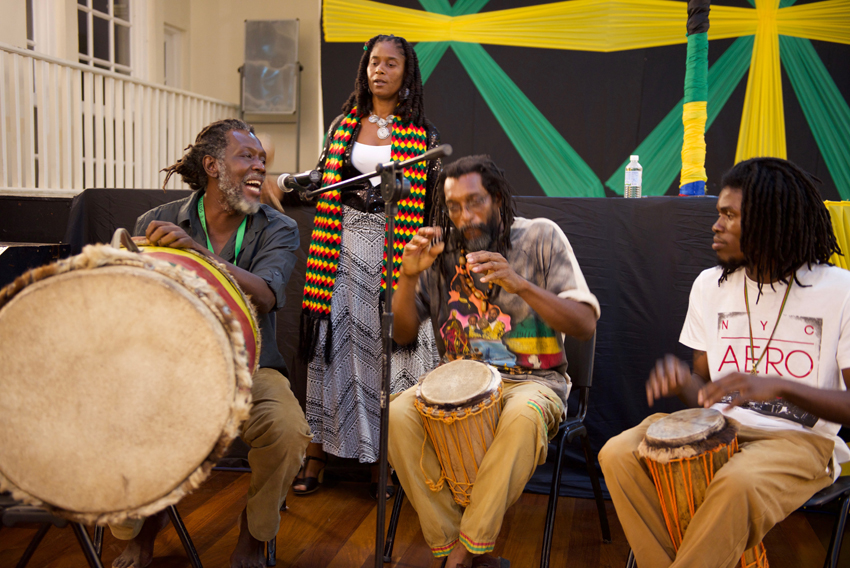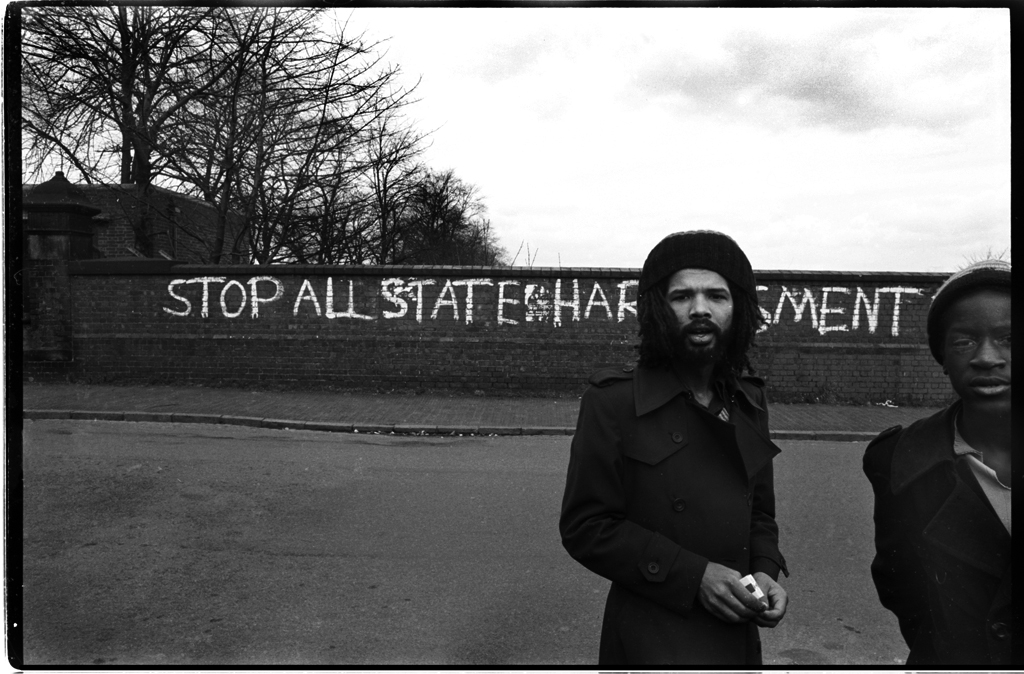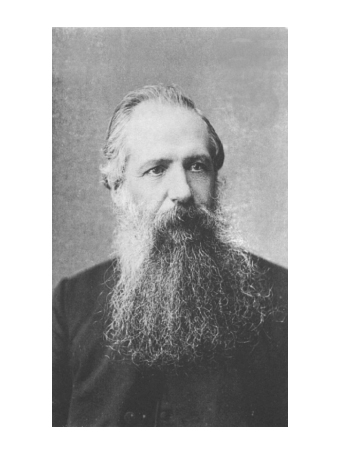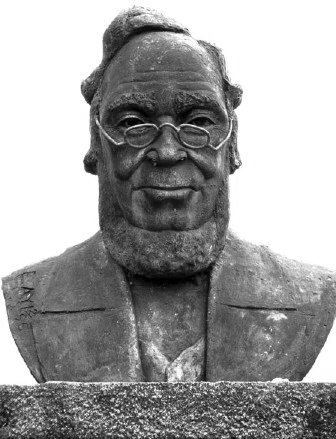
Report on the Nyabinghi Order by Frederico Philos
07 December 1935
THE first recorded instance of the word ‘Nyabinghi’ (1) entering Jamaican cultural discourse that I can discover comes with the publication of an account of the Nya-Binghi Order in Ethiopia and the Congo in The Jamaica Times, published in December 1935, just a few months after Italy had invaded Ethiopia. The article is clearly a crude piece of Fascist propaganda written to legitimise Mussolini’s colonial ambitions in the Horn of Africa. Nevertheless, it was embraced by early Rasta leaders and given an alternative reading and interpretation which led directly to the formation of the Nyabinghi Order of Rastafari in Jamaica.

Shades of Grey: A report on Police-West Indian Relations in Handsworth
08 December 1977
JOHN BROWN, a lecturer at the Cranfield Institute of Education was invited to study policing methods in Handsworth in the summer of 1977 following fears expressed by many community leaders that police were routinely using ancient laws enacted in the period of the Napoleonic wars to stop and search young black men for no other reason than that they were young and black. Many people feared that these tactics would lead eventually to violent retaliation.

Henry Clarke on the negro-hating, slave-loving oligarchy in Jamaica
31 December 1865
HENRY CLARKE, who died in Jamaica in 1907 aged 79, emigrated to the island in 1847 to take up a teaching post at Savanna La Mar. He left behind an extraordinary amount of personal writing including a six-volume diary covering the whole of his life. When the Jamaican House of Assembly was finally dissolved to make way for Crown government following the Morant Bay Rebellion in 1865, Henry wrote that it was an improvement for it delivered the local poor “out of the hands of that slavery-loving oligarchy which for 200 years has so mightily oppressed them”.
Read more

Rev Hope Masterton Waddell’s report on the Christmas Rebellion
27 December 1831
REV HOPE MASTERTON WADDELL was an Irish-born missionary who served in Jamaica and then Calabar, Nigeria. He arrived in the Caribbean when the struggle against slavery was reaching crisis point. Sam Sharpe, an enslaved man who was a literate and well respected deacon in charge of a missionary chapel in Montego Bay, was agitating for complete emancipation. At Christmas 1831, Sharpe – using the network of Native Baptist churches – organised a rebellion in the mistaken belief that freedom had already been granted by the British Parliament but was being withheld by the planters. His plan was to withhold labour at a time when the cane needed to be cut, but events quickly spiralled out of control, as Masterton Waddell recounts.
